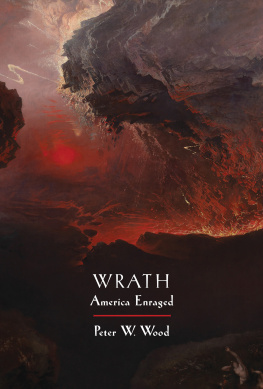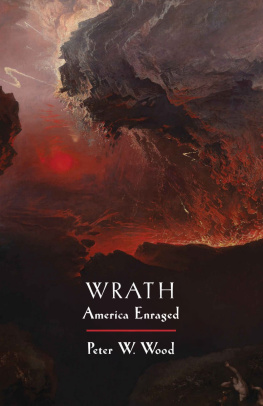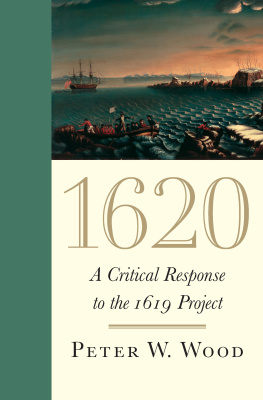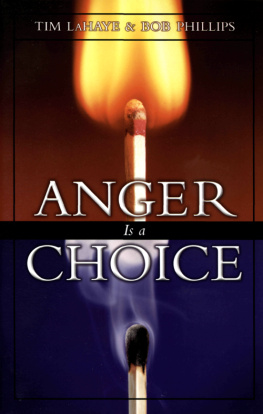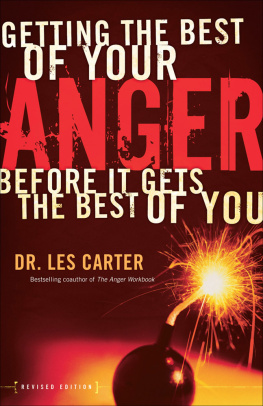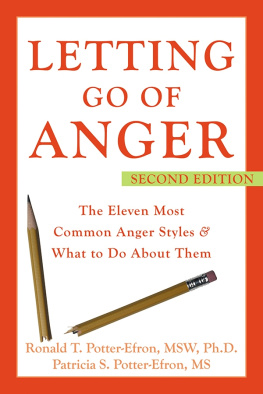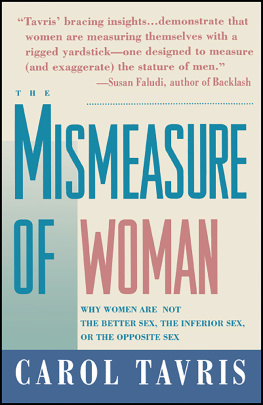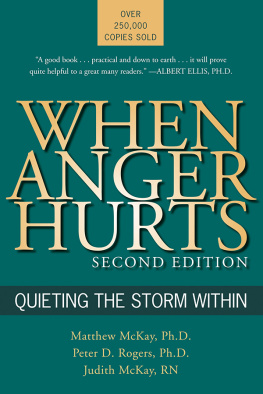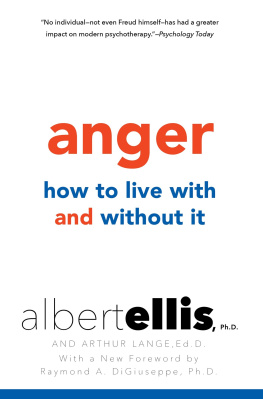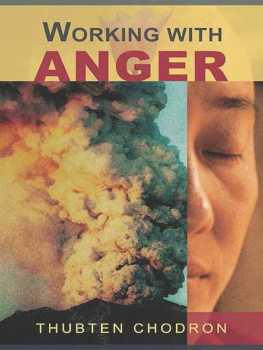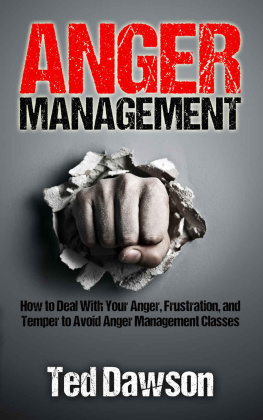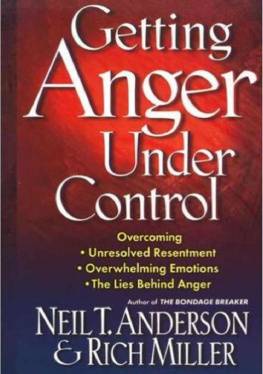Contents
Page List
Guide
Wrath
WRATH
America Enraged
PETER W. WOOD
NEW YORK LONDON
2021 by Peter W. Wood
All rights reserved. No part of this publication may be reproduced, stored in a retrieval system, or transmitted, in any form or by any means, electronic, mechanical, photocopying, recording, or otherwise, without the prior written permission of Encounter Books, 900 Broadway, Suite 601, New York, New York, 10003.
First American edition published in 2021 by Encounter Books, an activity of Encounter for Culture and Education, Inc., a nonprofit, tax-exempt corporation.
Encounter Books website address: www.encounterbooks.com
Manufactured in the United States and printed on acid-free paper.
The paper used in this publication meets the minimum requirements of ANSI/NISO Z39.481992 (R 1997) (Permanence of Paper).
FRIST AMERICAN EDITION
LIBRARY OF CONGRESS CATALOGING-IN-PUBLICATION DATA
Names: Wood, Peter, 1953 author.
Title: Wrath: America Enraged / Peter W. Wood.
Description: First American edition. | New York: Encounter Books, 2021. | Includes bibliographical references and index. |
Identifiers: LCCN 2021016450 (print) | LCCN 2021016451 (ebook) | ISBN 9781641772198 (hardcover) | ISBN 9781641772204 (ebook)
Subjects: LCSH: United StatesSocial conditions21st century. | AngerSocial aspectsUnited States. | Popular cultureUnited StatesPsychological aspects. | Political cultureUnited States. | National characteristics, American.
Classification: LCC HN59.2 W6833 2021 (print) | LCC HN59.2 (ebook) | DDC 306.0973dc23
LC record available at https://lccn.loc.gov/2021016450
LC ebook record available at https://lccn.loc.gov/2021016451
1 2 3 4 5 6 7 8 9 20 21
Contents
W HAT IS THE DIFFERENCE between wrath and anger? How dare you ask thats anger. I will destroy you! thats wrath. Wrath is more intense and usually more sustained than anger. Thats unacceptable, says the angry diner to the rude waiter. I will track down the names and locations of your family members and post them on the internet, says the wrathful political partisan.
Some wrath, I believe, is justified. The popular will of Americans has been thwarted by a combination of careerist elites, progressive ideologues, an unprincipled press, and a business class more attuned to global opportunities than to domestic flourishing. Because traditional forms of political protest have been tourniqueted by mass arrests, censorship, and decisions by law enforcement and the courts to stand aside, many Americans see themselves as having been denied a legitimate voice in their own governance. They are right in that judgment, and it is the kind of judgment that turns anger into wrath.
That wrath is further prodded by a progressive elite that seems to take sadistic delight in devising new ways to torment ordinary Americans. Antiracism is a psyops campaign aimed at institutionalizing discrimination against Whites. The 1619 Project is an attempt to erase American history and put in its place an elaborately constructed lie in which slavery explains everything. Critical race theory (CRT) further amplifies the message that American success is built entirely of the bricks and mortar of White racial supremacy. The elite preaches and now practices the benefits of abolishing our national border and flooding the country with illegal immigrants, at the expense of working-class Americans. Apologists for rioters demand we defund the police. Progressive climate alarmists pursue policies aimed at driving up the cost of energy, knowing full well that cheap energy makes American prosperity possible. Progressives up-arm government agencies while pressing for antigun laws aimed at disarming the American public. Progressives manipulated the Wuhan virus epidemic by turning a manageable health crisis into a major economic disaster, an excuse for stripping Americans of their civil liberties, and an incitement of mass hysteria. And progressives, claiming the need to protect voter rights, seek to lock into place the subterfuges they used to steal the 2020 presidential election.
To mention any one of these things is generally enough to get an employee fired, a professor canceled, a social media acquaintance defriended, a book delisted from Amazon, or a blog suspended. For Hollywood actors, it could be career-ending. For public figures daring to dine out, it could come with a side of noisy harassment. Perhaps none of these things by itself would prompt wrath but, poked and prodded by all of them, people begin to move beyond mild irritation.
What form will this populist wrath take? Will it really become a movement aimed at destroying its foes?
Lets distinguish between the intense feelings of people who feel betrayed and the actions they are likely to take. The wrath is real, but it is unlikely to manifest itself in armed rebellion although that cant be ruled out. Americans at least, conservative Americans love law and order. But they abhor corrupt law and coerced order. When those are imposed on them, Americans choose the path of defiance. A great deal of defiance can be achieved short of violence. Rejection of illegitimate authority in the form of widespread civil disobedience is the better path for the wrath that many Americans now feel.
That wrath has targets besides the people occupying high offices in Washington. It includes much of the mainstream press and the billionaire oligarchs that control our digital communications. An especially intense form of this wrath is directed toward establishment Republican politicians who did nothing to oppose the organized corruption of the 2020 election and then counseled the public to accept the results. Another category in the white-hot center of the wrath are the so-called Never-Trumpers: political pundits who spent the four years of the Trump administration chastising Americans for electing him and then working as hard as they could to unseat him.
These opening paragraphs may suggest that this is a book that will be spent disputing the results of the 2020 election and attacking the character of those who claimed victory. But no. This is not that book. Rather, this is a book about how emotions especially anger have entered into our politics. Rather than incite anger, I aim to describe and analyze it, and, by doing so, I hope to help those in the midst of angry rejection of our current regime figure out a way to direct their legitimate fury to a constructive end. We often think of anger as a great stimulant to action. It can be. Anger can make a man fight back against an attacker. But anger can also lead to a kind of paralysis, a feeling of being utterly overwhelmed and helpless. Or it can lead to foolish decisions. Anger can make one rush headlong into a fight with no sense of strategy.
I dont want to dampen anyones anger. I just want to step back from the immediate sense of wrath to help us figure out where and how we can direct it. And if your anger is beginning to fade and you are concluding that we can wait this out, I want to remind you that your anger is worth sustaining. You will need it.
This book, thus, occupies a seemingly peculiar space. It offers an intellectual argument addressed to Americans who are often treated as incapable of making serious intellectual distinctions. The educated class of Americans tend to look down on the people to whom I address these pages and of whom I consider myself one. Condescension toward the deplorables, clinging to their guns and Bibles and other insignia of their benighted lives, is well established among those who see themselves as upholding progressive ideals. The progressive class does not countenance the idea that deplorables write and read serious intellectual books of their own, and they tend to be irritated when they run into a book such as J. D. Vances

